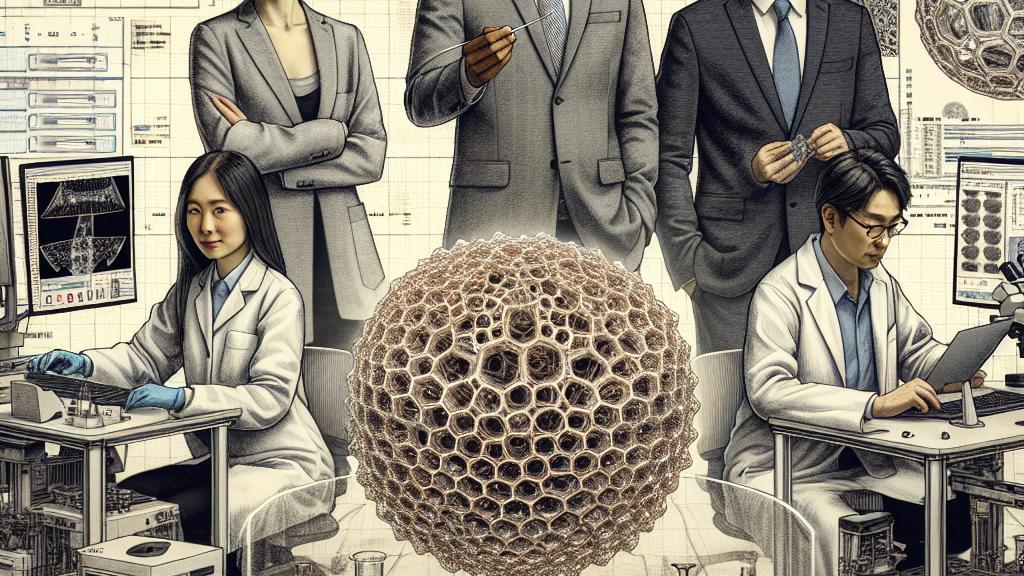How Scientists Make Better Medical Implants with Special Nanoparticles
Overview
- Japanese researchers are pioneering new techniques for improving the biocompatibility of medical implants.
- Special apatite nanoparticles enhance cell adhesion, creating a more effective integration with body tissues.
- This innovative research has the potential to revolutionize the future of patient treatment and recovery.

The Critical Issue of Biocompatibility
In Japan, a team of researchers at Nagaoka University of Technology is on a mission to tackle a crucial challenge in the world of medical implants—biocompatibility. Picture this: imagine undergoing surgery to receive a new joint, only to face issues like inflammation or implant rejection. These complications can be a real nightmare for patients, stemming from poor integration of the implants with biological tissues. Fortunately, apatite nanoparticles offer a ray of hope. These tiny wonders closely mimic a natural substance found in bone, which means they can significantly enhance the bonding between implants and surrounding tissues—like the perfect match in a relationship!
Unlocking Potential Through pH Control
Under the insightful leadership of Dr. Motohiro Tagaya, the research team uncovered the remarkable ability to enhance apatite nanoparticles by simply adjusting the pH levels during their creation. Think of it as a scientific recipe for success; even slight modifications can lead to better results. For instance, when they experimented with pH, they discovered that higher levels not only improved the crystalline structure of the nanoparticles but also heightened the crucial calcium to phosphorus ratio. The result? A significant boost in cellular adhesion, paving the way for better integration with human tissues. This process creates a 'friendly environment' for implants, where they are welcomed rather than resisted, like a guest entering a warm home.
Imagining the Future of Medical Implants
So, what are the implications of this groundbreaking research for the future of healthcare? By utilizing these innovative apatite nanoparticles, we are standing on the brink of a new era in medical implants. Envision a scenario where patients undergoing joint replacements experience minimal complications and quicker recoveries thanks to enhanced biocompatibility. They could return to their daily activities with renewed vigor, celebrating milestones like walking up stairs or playing with grandkids without fear of rejection or pain. This research isn’t just about improving devices; it’s about improving lives! The excitement surrounding these advancements signifies an extraordinary leap in implant technology, reinforcing the belief that science truly has the ability to enhance our quality of life and redefine possibilities in medicine.

Loading...